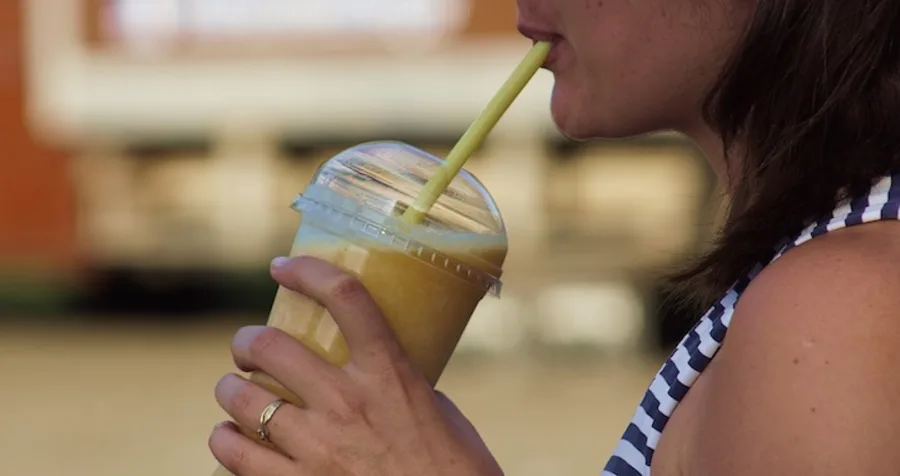What to eat before and after your workout, according to a personal trainer

Here’s something you won’t hear often on fitness blogs: most people don’t need to worry too much about pre- and post-workout nutrition. It’s a different story for athletes chasing performance metrics and those who are trying to lose weight, but for the rest of us — that segment of society fitness professionals call “the general population” — what we eat is more important than when we eat it. A healthy diet that hits all the right nutritional notes is always the top priority.
Post-workout nutrition is easy: after your workout, eat. The idea that you have to slam back a protein shake while towelling off after a shower or else the workout was wasted has been disproven so many times it boggles my mind that the subject still comes up. As long as you get around 20-30 grams of protein and some carbs in your system within a couple of hours after your workout, you’ll be fine.
If you can, schedule your workouts before one of your main meals of the day. That way, you don’t have to overthink things; just go home and eat! And yes, shakes are fine, as long as there’s more to your shake than protein powder and water. Blend in some fruit, healthy fats, and leafy greens and you’re good to go.
Pre-workout fuelling is a little more nuanced. Those nutrients need to be in your system ASAP to power you through your sweat session, so whatever you consume needs to be easily digestible. The more liquid-y the food, the better. Think oranges rather than apples, fresh juice over a thick smoothie. Also, consider the gastrointestinal consequences of your food choices. Do you really want a belly full of curry sloshing around through your kettlebell swings?
Didn’t think so.
There are a couple of other factors worth considering too:
What will you be doing?
Are you planning on lifting weights or doing cardio? Is it going to be an intense workout — say, a max effort deadlift attempt, or a 60-minute CycleFit class? Or is it something less demanding; perhaps getting your steps in around the track, or a quick core workout?
The more demanding the activity, the greater the need for sustained energy. On days when you’re lifting big or sweating hard, your pre-workout needs will be different — read: more intense — than the days when you’re taking it relatively easy.
What are your goals?
Though it’s dismissed by some as baseless Bro Science, there’s evidence to suggest that doing moderate-pace cardio after fasting can help you lose weight. On the other hand, if you’re trying to pack on size, sipping on some water mixed with protein powder or branched-chain amino acids (BCAAs) during your workout can help preserve and enhance muscle mass. So, choose your snacks based on the results you’re looking to see.
Keep It Simple
Providing enough energy for your workouts is the focus of pre-workout nutrition. A ripe grapefruit and a handful of unsalted almonds 40 minutes before heading out the door will provide enough nourishment and fuel for all but the most brutal workouts. A simple shake of water, fruit, and protein powder will work too. As long as you’re getting carbohydrates for energy (hello fruit!) and some protein for sustenance you’ll be fine.
Post-workout is all about recovery. Eat a protein-based meal within a couple of hours after leaving the gym, and don’t ignore carbs. After all, you just busted your butt. You’ve earned it.

Paul graduated from Humber College’s Fitness & Health Promotion program (with honours!), earning a certification in personal training and group fitness from the Ontario Fitness Council along the way. His training specialties are bodyweight training, strength training for older adults, and plant-based nutrition.
Do you have a question for our personal trainers? Message us on Twitter or Facebook.










